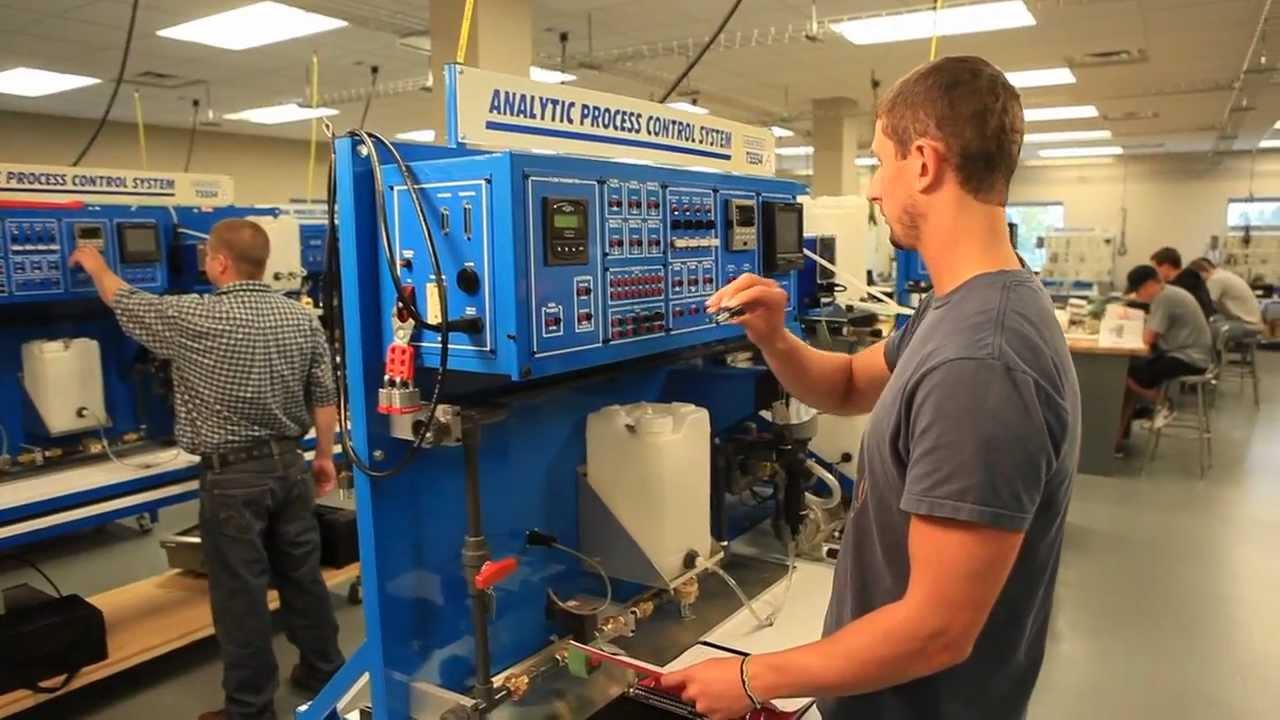The process automation and instrumentation market is experiencing significant growth as industries increasingly rely on automated solutions to enhance efficiency, improve safety, and reduce operational costs. The rising demand for smart manufacturing, coupled with the integration of advanced technologies such as artificial intelligence, industrial IoT, and robotics, is driving widespread adoption. Businesses across various sectors, including oil and gas, pharmaceuticals, chemicals, and power generation, are leveraging automation and instrumentation to streamline processes, minimize human intervention, and ensure precision in operations.
Key Drivers of Market Growth
One of the primary factors fueling the expansion of this market is the rapid adoption of Industry 4.0 technologies. The growing emphasis on smart factories, real-time data monitoring, and predictive maintenance solutions is accelerating automation deployment. As industries transition from traditional workflows to data-driven operations, the need for high-precision instruments and automation systems has intensified. Moreover, regulatory requirements regarding safety and environmental sustainability have further propelled the demand for automated solutions that ensure compliance while optimizing performance.
The increasing investments in industrial IoT solutions have also contributed to market growth. Sensors, control systems, and cloud-based monitoring platforms enable seamless connectivity between machines, enhancing predictive maintenance and reducing downtime. This connectivity is crucial for industries that rely on continuous production, where even minor disruptions can result in substantial financial losses.
Role of Artificial Intelligence and Machine Learning
Artificial intelligence and machine learning are revolutionizing process automation by enabling smarter decision-making and predictive analytics. AI-powered automation solutions can analyze vast amounts of data to identify patterns, detect anomalies, and optimize processes in real time. Machine learning algorithms improve operational efficiency by continuously learning from past data, helping industries reduce waste and energy consumption while enhancing productivity.
The integration of AI-driven control systems in automation processes is also playing a critical role in minimizing human errors. With AI-enabled solutions, businesses can implement adaptive control mechanisms that adjust operations dynamically based on changing conditions, ensuring optimal performance and resource utilization.
Market Expansion Across Various Industries
The process automation and instrumentation market is witnessing widespread adoption across multiple industries, with each sector leveraging automation to address unique challenges. In the oil and gas industry, automation solutions help monitor pipelines, detect leaks, and optimize drilling operations. The pharmaceutical sector benefits from automated quality control and precision dosing, ensuring compliance with stringent regulations. Meanwhile, the chemical industry relies on automation to manage complex reactions and enhance workplace safety.
The power generation sector is another major contributor to market growth, as automation technologies help manage energy distribution, monitor equipment health, and improve efficiency in renewable energy projects. As industries continue to prioritize sustainability and cost reduction, automation solutions are becoming indispensable in achieving long-term operational goals.
Technological Advancements Shaping the Market
Innovations in automation and instrumentation are paving the way for more efficient and intelligent industrial systems. The development of advanced sensors, smart controllers, and wireless communication technologies has enabled real-time monitoring and remote operation of industrial processes. Cloud computing and edge computing solutions are further enhancing automation capabilities by providing scalable and secure data storage, facilitating faster decision-making and improving overall system resilience.
Cybersecurity has also become a crucial aspect of automation systems, as connected devices and digital platforms increase vulnerability to cyber threats. Manufacturers are investing in robust security frameworks to safeguard automated operations from potential breaches, ensuring data integrity and system reliability.
Future Outlook and Growth Opportunities
The future of the process automation and instrumentation market looks promising, with continuous technological advancements and growing industry demands driving further expansion. The shift toward smart manufacturing and digitalization is expected to unlock new growth opportunities, particularly in emerging markets where industrial modernization is gaining momentum.
Companies investing in automation are likely to achieve higher operational efficiency, cost savings, and improved competitiveness in an increasingly digital landscape. As artificial intelligence, IoT, and robotics continue to evolve, the market is set to witness even greater innovations, transforming industries and redefining the way businesses operate.


